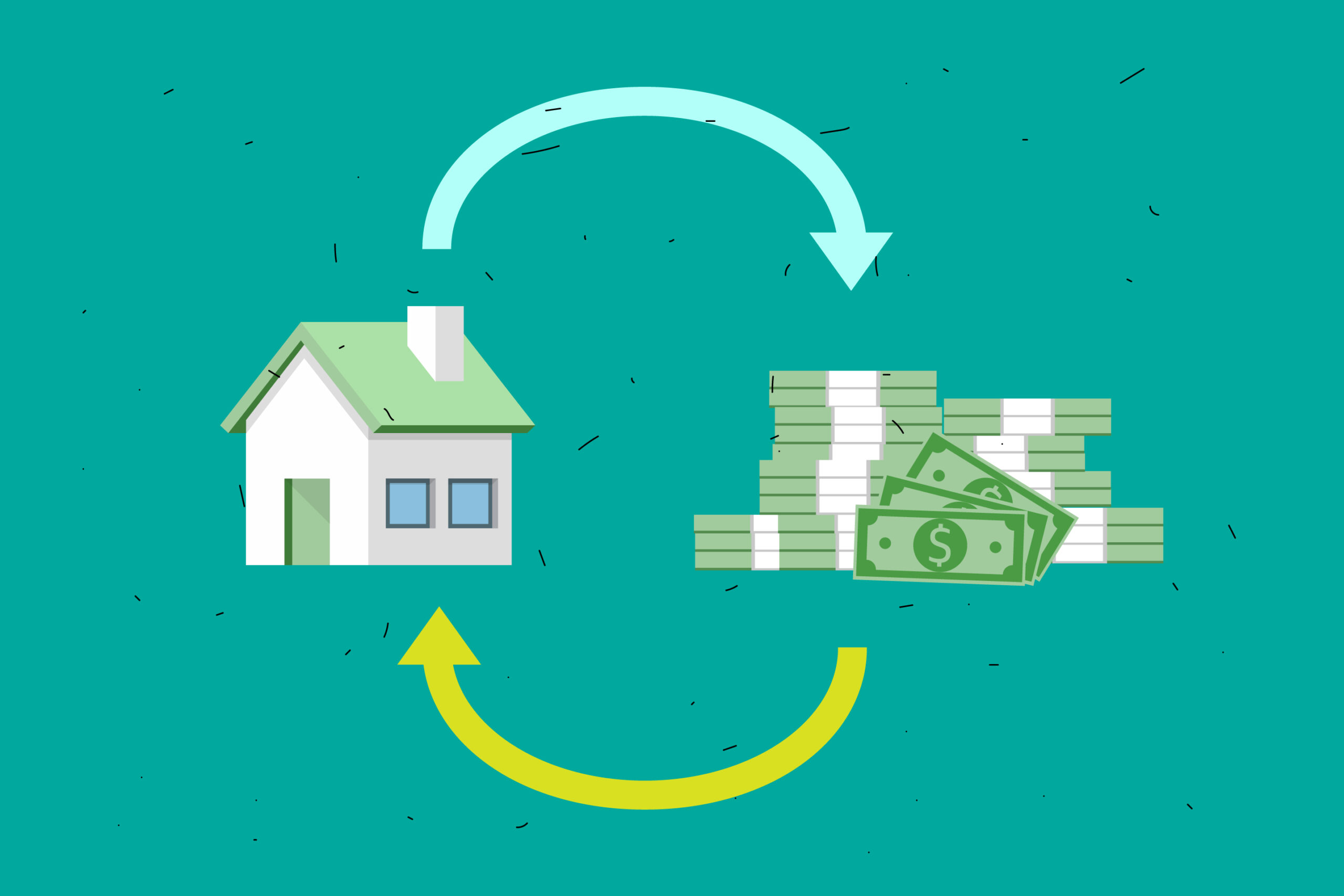The Marquee Loop: Reverse Mortgages
A reverse mortgage is a type of loan that allows homeowners who are 62 years or older to convert a portion of their home equity into cash. Unlike a traditional mortgage where the borrower makes monthly payments to the lender, with a reverse mortgage, the lender makes payments to the borrower.
The loan is secured by the borrower’s home and does not have to be repaid until the borrower moves out of the home, sells the home, or passes away. At that time, the borrower or their heirs must repay the loan, typically by selling the home.
The amount that a borrower can receive through a reverse mortgage depends on factors such as the borrower’s age, the value of the home, and current interest rates. The older the borrower and the more valuable the home, the more money they may be able to receive.
There are different types of reverse mortgages, including federally-insured Home Equity Conversion Mortgages (HECMs), which are backed by the U.S. Department of Housing and Urban Development (HUD), and proprietary reverse mortgages, which are offered by private lenders.
While a reverse mortgage can provide cash to homeowners who need it, it’s important to understand the potential risks and drawbacks. These can include high fees and closing costs, a reduction in home equity over time, and the potential for the loan balance to exceed the value of the home, leaving nothing for the borrower or their heirs.
Before considering a reverse mortgage, it’s important to speak with a qualified financial advisor or housing counselor who can provide guidance and help determine if it’s the right option for your financial situation.


